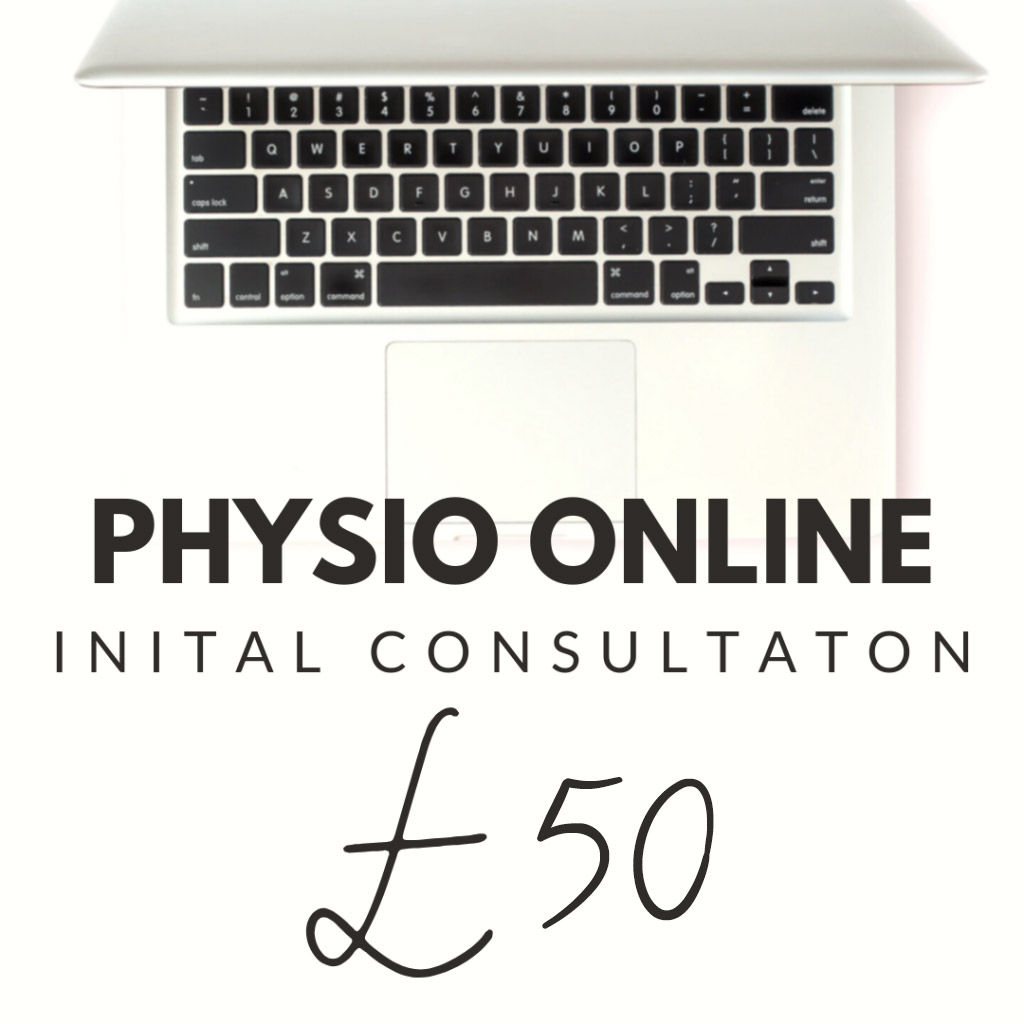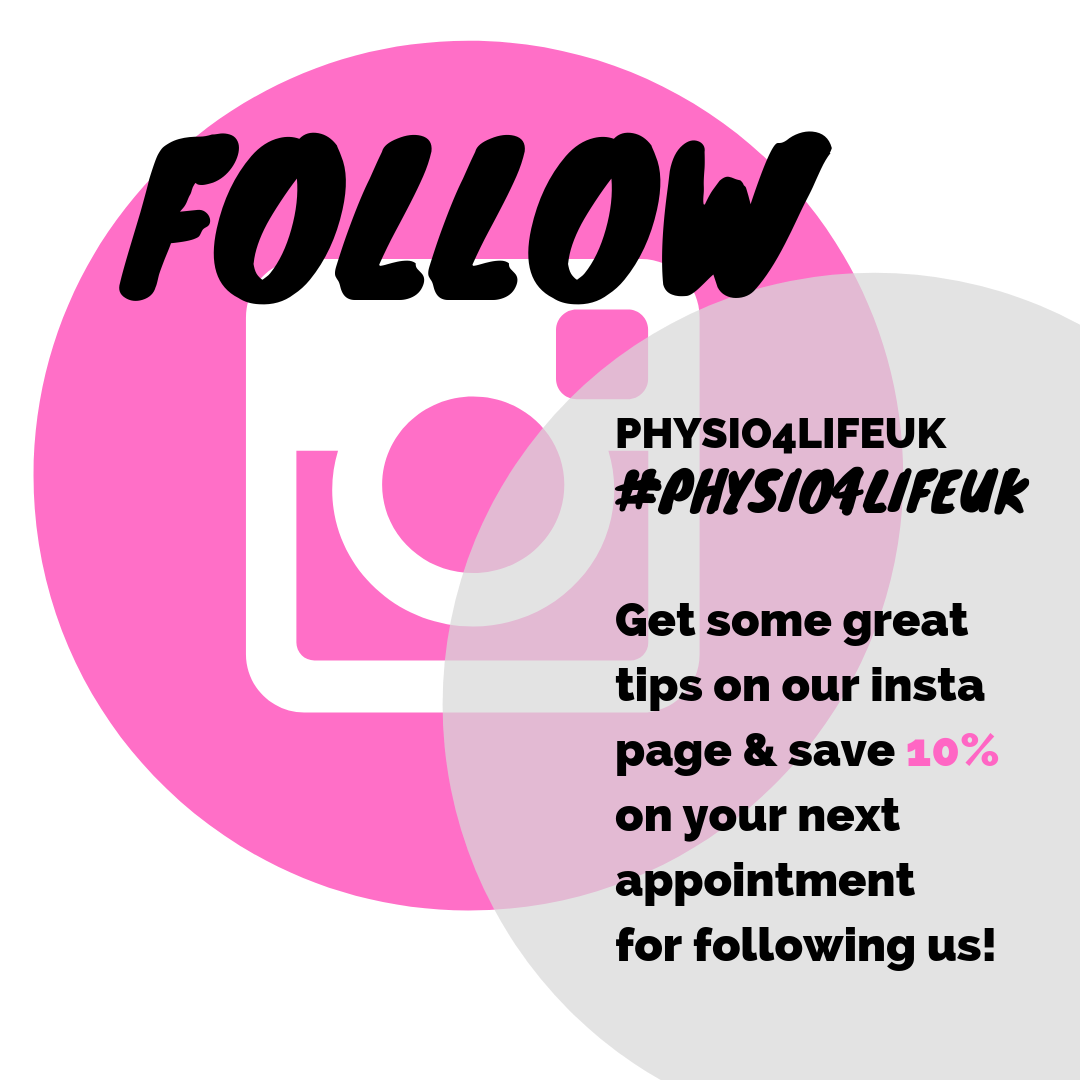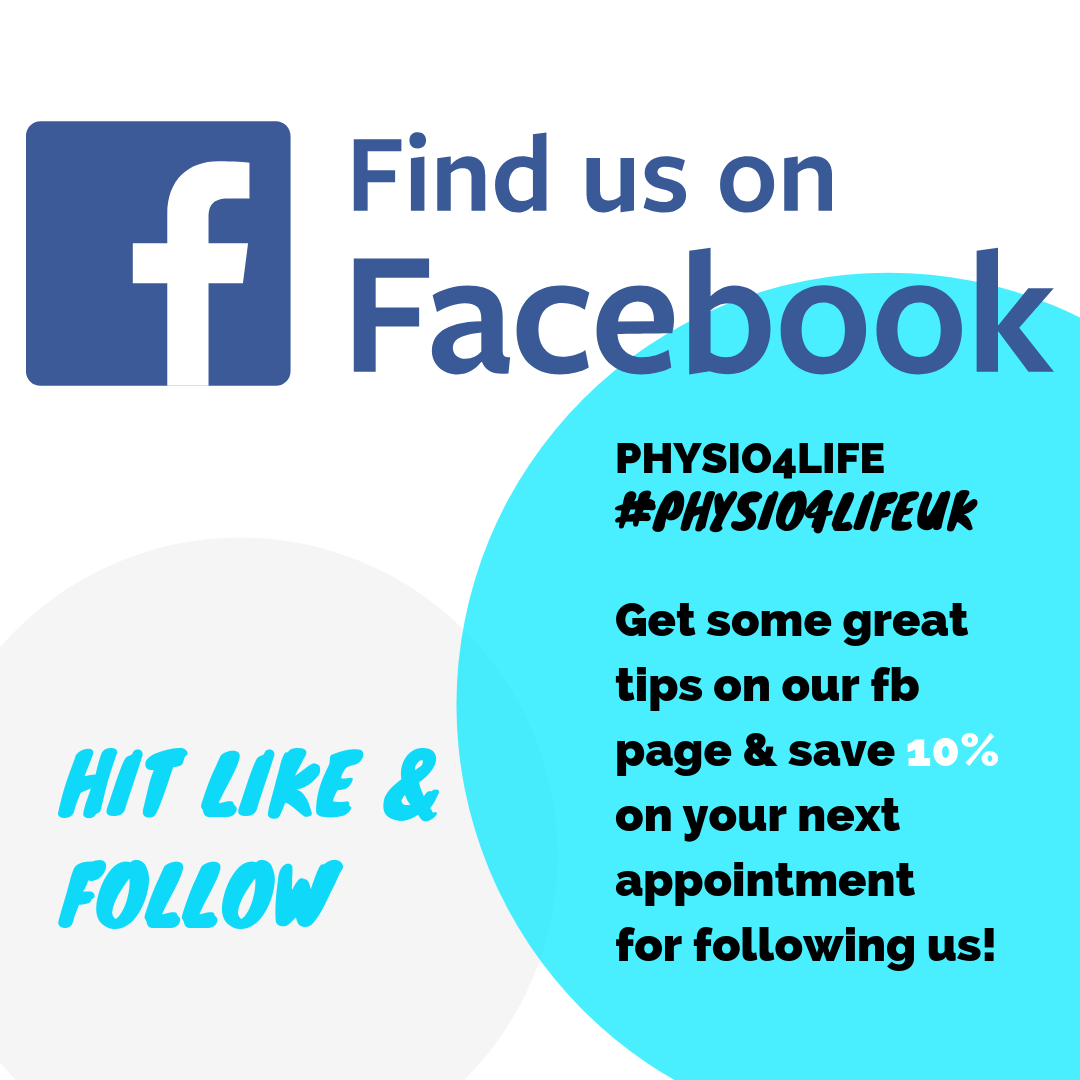
| |
|
INJURY TITLE
| Tendinopathy |
INJURY OVERVIEW
| Tendon is a very strong type of collogen-based tissue that generally attaches muscle to bone. Because of the way they are made and the job they perform, tendons need to be very strong at resisting tensile loads. Reaching beyond what the tendon can reasonably cope with time and time again will result in a very common over use injury named Tendinopathy. |
INJURY IN-DEPTH INFORMATION
| Overuse injuries used to be all termed as tendinitis. However the ‘it is; part of that word suggested that inflammation was the main problem and leading to pain. Clinically this has never been proven, and more current research shows that actual degeneration of the tendon is the actual method of injury.
When exposed to excessive forces (and with not enough time to heal), the tendon suffers microscopic damage. If this does not sufficiently heal before the tendon is loaded again, it can become more damaged, and this pattern will continue on and on. Eventually the tendons ability to resist tensile load becomes impaired, and what were normal things (like walking) can become painful.
There is currently no reliable way of grading this type of injury, and so it is worth noting that you may get a diagnosis of ‘tendinopathy’, but your condition may vary from the next person’s similar diagnosis. |
COMMON SIGNS & SYMPTOMS
|
HOW IS IT ASSESSED
|
GENERAL TREATMENT
|
Exercise Videos: i.e.
|
WHICH HEALTH PROFESSIONAL TO CONSULT
|
PHYSIO |
MEDIC |
PODIATRY |
Put an ‘X’ next to each health professional that most commonly deals with this injury.
i.e. tennis elbow would be Physio and Medic as injections are common, whereas for muscular LBP it would be Physio and not Medic as they would just refer them to a Physio.



